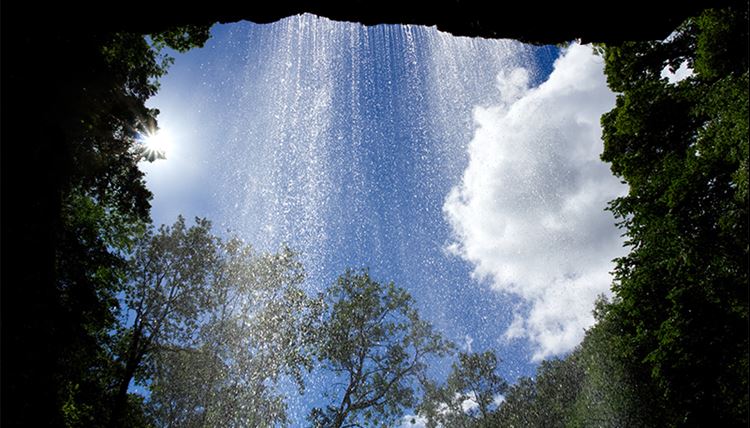Shopping cart Close cart
| SEK SEK EUR EUR |
| Discount | - EUR | - SEK |
| Sum | EUR | SEK |
| Shipping | EUR | SEK |
| Vat | EUR | SEK |
| Total | EUR | SEK |
Shopping cart Close cart
| SEK SEK EUR EUR |
| Discount | - EUR | - SEK |
| Sum | EUR | SEK |
| Shipping | EUR | SEK |
| Vat | EUR | SEK |
| Total | EUR | SEK |
Globally, over 80 % of wastewater generated by society flows back into the ecosystem without being treated or reused. In addition, around 40 % of the world’s population doesn’t have enough water to sustain its needs. Urbanization and climate change are likely to bring additional challenges.

SIS/ISO has standards for water management covering wastewater and sewerage networks, water reuse, efficient irrigation, water footprint monitoring, and services relating to drinking water supply systems. For example,
Most developing countries also lack appropriate treatment technologies and disposal systems for solid waste. Low collection coverage, unavailable transport services and a lack of suitable treatment and disposal facilities often leads to water, land and air pollution, which puts people and the environment at risk.
SIS implemented a ongoing project in Bolivia where it supported the national standardization organization, IBNORCA, to develop wastewater related standards and promote their use in wastewater treatment plants.
Read more about our recent and on-going projects here >>